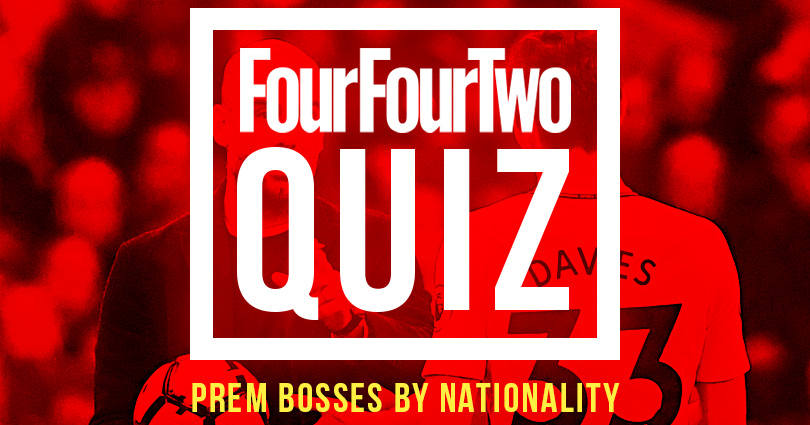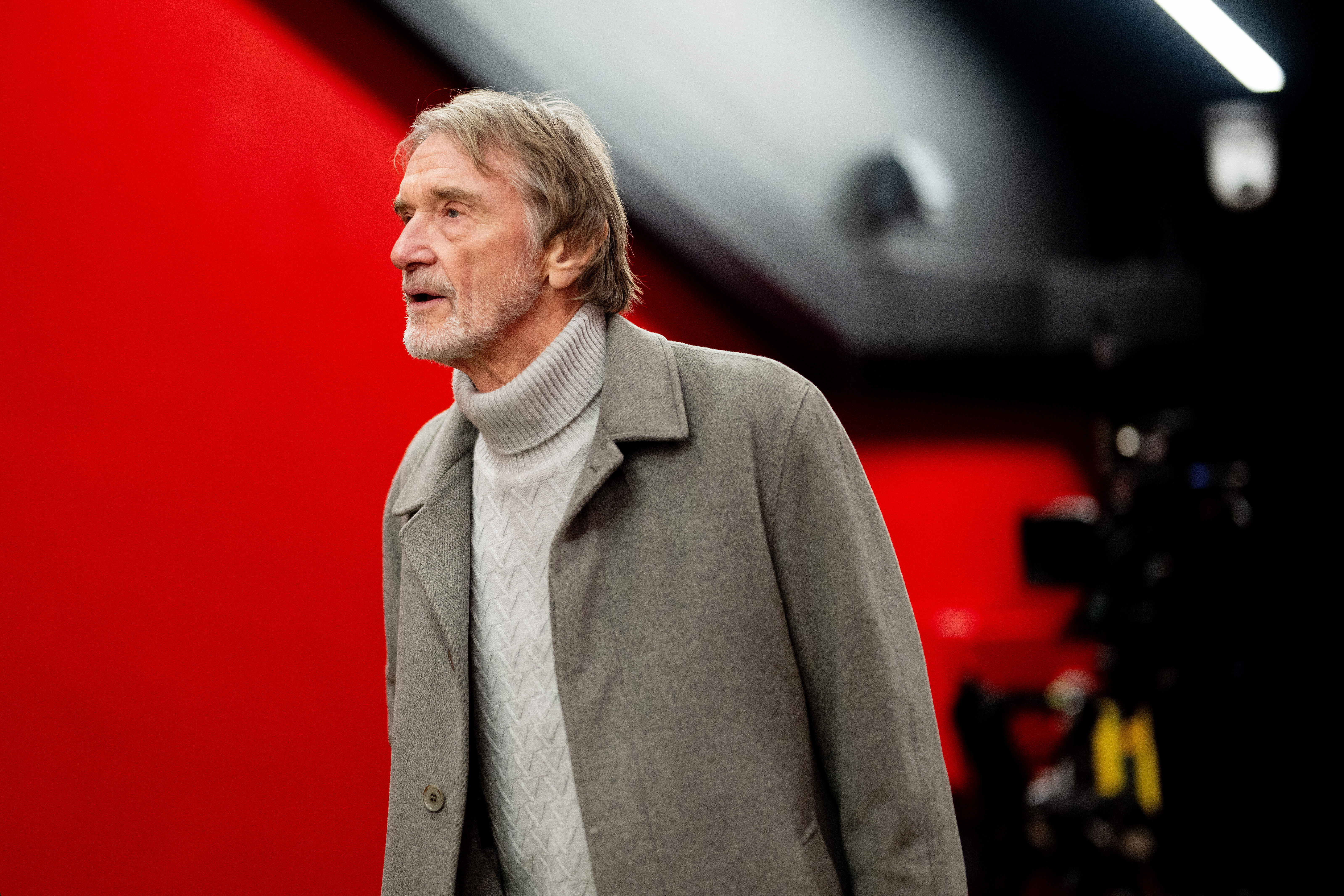Who should ACTUALLY be on the PFA Young Player of the Year shortlist
The PFA Young Player of the Year award is flawed. You know it. We know it. Everybody apart from the PFA knows it. Huw Davies fixes it...
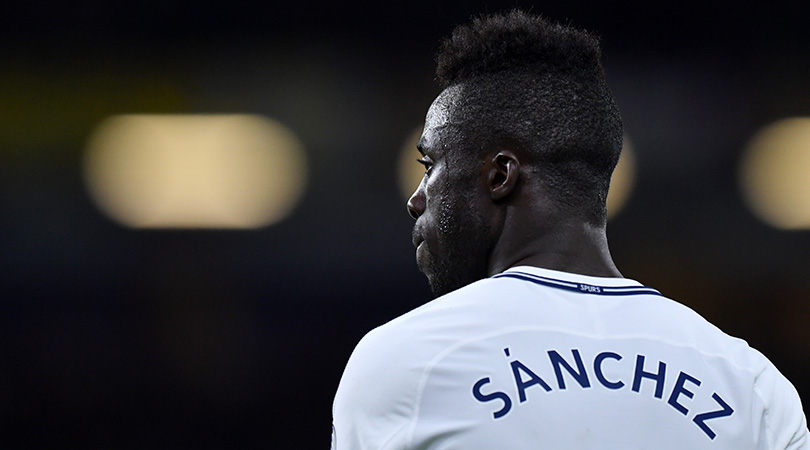
Two of the PFA’s six nominees for 2017/18, Ederson and Harry Kane, turn 25 this summer. The rule is that to be eligible, a nominee must be 23 at the start of the season. Ederson was, by a matter of days, although Kane had his 24th birthday on July 28, a week before the Football League’s first fixture and two weeks before the Premier League’s, so the definition is slightly nebulous.
The nominations themselves are fair. If Kane makes the cutoff that’s been set, then he should be shortlisted. There’s room for leftfield inclusions, too: this year, 17-year-old Ryan Sessegnon at Fulham is the first ever nominee from outside the top flight (so Wolves’s Ruben Neves, 21, could feel a bit hard done by).
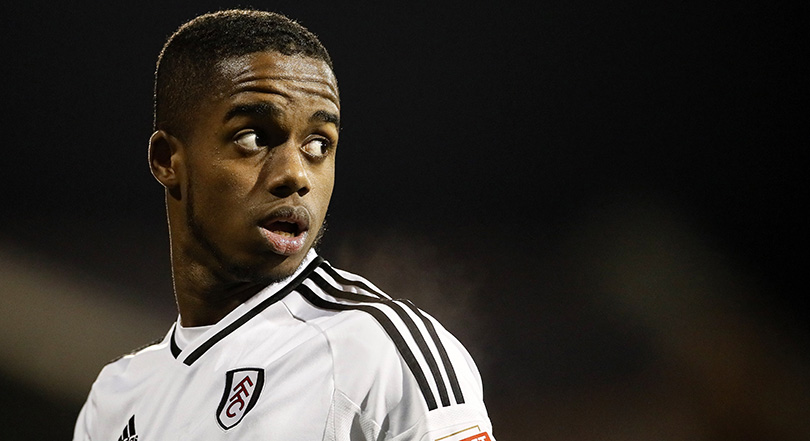
Ederson (Man City)
Harry Kane (Tottenham)
Marcus Rashford (Man United)
Ryan Sessegnon (Fulham)
Leroy Sané (Man City)
Raheem Sterling (Man City)
Anyway, ‘under 23’ sounds young, ish, but with footballers’ careers both beginning and ending earlier than before, a Premier League player turning 24 during the season arguably should be – and often is – in his prime. Previous nominees include Sergio Aguero in his 10th professional season, Eden Hazard as late as 2015, and James Milner when he had 250 Premier League appearances to his name.
So, while there are several good alternatives – Best Breakthrough/Newcomer, Best Teenager, Best Double-Barrelled Englishman – we propose simply bringing that qualifying age down from 23 to 21. And we’ve an alternative shortlist.
We don’t want to be contrary for the sake of it: clearly it’d be madness for us to suggest that Leroy Sané, who was 21 at the season’s start, isn’t worthy of inclusion. Plus, while young British players such as Jonjoe Kenny, Ben Chilwell and Sam Field have had decent seasons, to nominate them for PFA Young Player of the Year would be patronising.
So, this is FourFourTwo’s six-name shortlist, including only players who began the season aged 21 or under: the ‘actual’ Young Player of the Year contenders...
Leroy Sané
Get FourFourTwo Newsletter
The best features, fun and footballing quizzes, straight to your inbox every week.
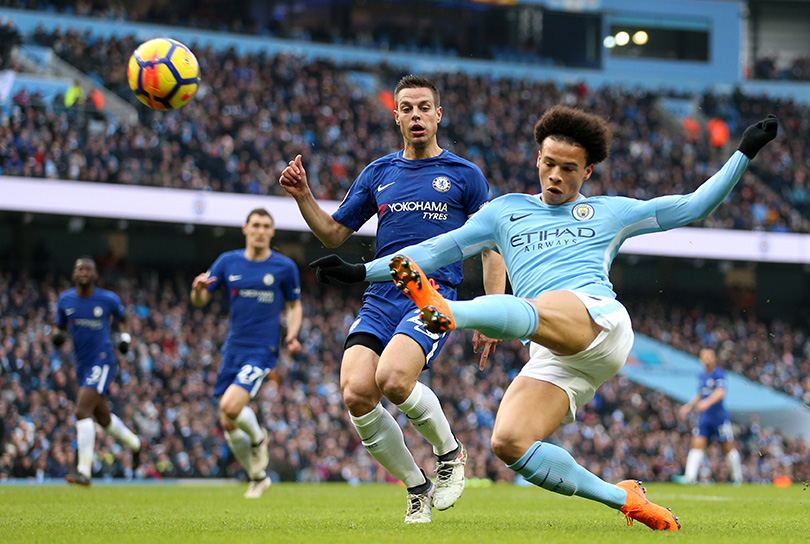
If we’re saying our criteria rules out existing stars (we're not), the elephant in the room would appear to be Sané. The German, who turned 22 in January, is probably the best winger in the Premier League and undoubtedly a world-class talent already.
But he wasn’t fully formed, not at the start of 2017/18. Even though he was shortlisted for 2016/17’s Young Player of the Year prize, Sané had a frustrating first season in England, impressing in fits and starts as Manchester City finished fourth. At the campaign’s end, the German revealed that he’d been hampered by nasal congestion, the sexiest of all ailments, and missed last summer’s Confederations Cup with Germany for surgery on his schnozz.
His subsequent performances have been consistent as well as classy, bringing 12 assists – second only to team-mate Kevin De Bruyne in the Premier League – and nine goals to help City smash records. Pep Guardiola has coached Sané superbly, but it’s remarkable what being able to breathe can do for your game.
Davinson Sanchez
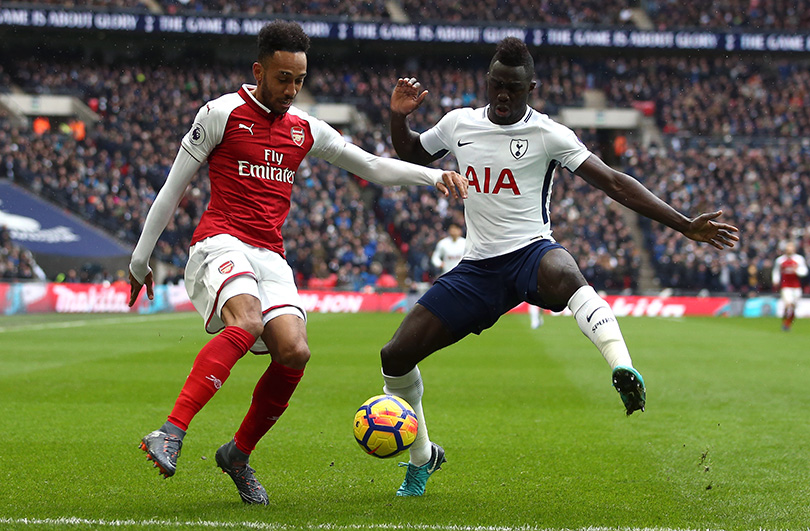
The Colombian could justifiably feel like he’s been unfairly overlooked by his peers. Although he just put in the worst performance of his season against Manchester City, possibly in a bid to undermine this article, Sanchez has made a quietly brilliant start to life at Spurs.
The Eredivisie is a famously poor predictor of Premier League talent. It’s usually strikers that carry the health warning, but the transition is even harder for defenders, whose role is more reactive – making them more vulnerable to an increase in the quality of an opponent. Remember, Jan Vertonghen was 25 and reigning Dutch Footballer of the Year (despite being Belgian) when he landed on English shores. Jaap Stam was 26 and a former Dutch Footballer of the Year (and actually Dutch), who’d just helped his country to fourth place at the World Cup.
Sanchez was different. He joined Spurs having played fewer than 100 games in his career, split almost equally between Colombia and the Netherlands, and he wore a heavy price tag of £42m – two million pounds for each of his years on Earth. It was assumed that he’d be given at least one year to settle. Nope. Immediately, he started all of Tottenham’s Champions League fixtures and most of their Premier League games.
He’s played with great composure for his age. His positioning is flawed, because he arrived from a league where pace can compensate for that, but this is to be expected. His poor showing last weekend came against one of the best attacks on the planet.
Even in justifying his off day, we’re doing Sanchez a disservice. He’s had an excellent debut season, and settled at an elite Premier League club faster than any 21-year-old centre-back signed from the Eredivisie had any right to do.
Wilfred Ndidi
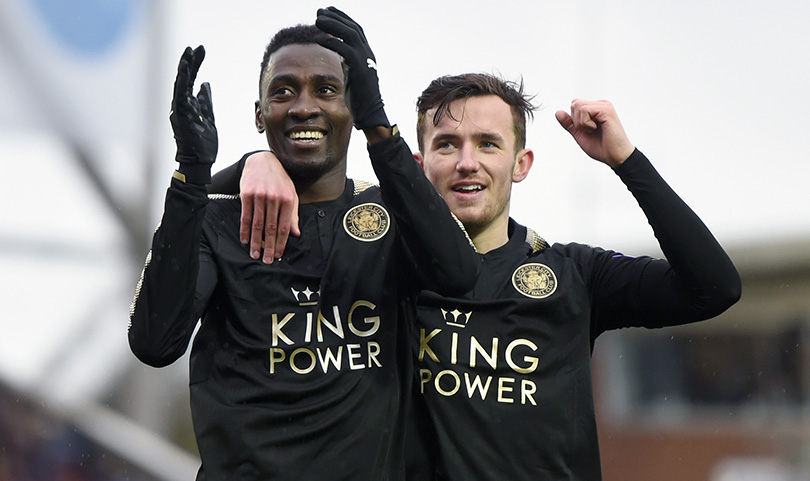
Leicester were on a hiding to nothing in the 2016 transfer market. With a shiny league title poking out of their tourists’ bumbag, Claudio Ranieri & Co. were easy prey for unscrupulous agents, not to mention the expectations that they could discover another Riyad Mahrez or N’Golo Kante. Their summer was disastrous: seven players arrived and not a single one could be termed anything other than a failure.
Then, in January 2017, they paid Genk in Belgium £17m for a midfielder who’d just turned 20. This one shouldn’t have been a success either. Yet over the 15 months that followed, Ndidi ran, tackled and, yes, fouled his way into the notebooks of top-six scouts.
Ndidi is by some margin the Premier League’s most prolific tackler and he’s improving on the ball as well. Leicester haven’t found Kante 2.0 – how could they? – but they weren’t far off.
Dele Alli
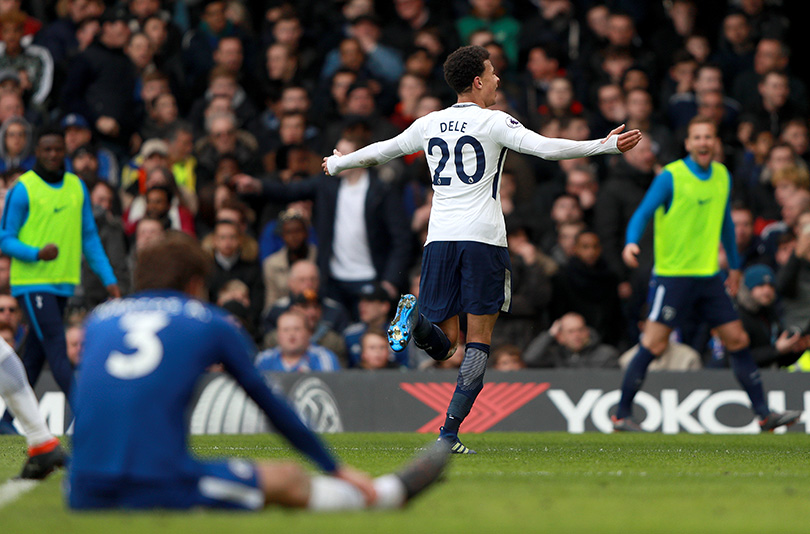
Alli’s been named PFA Young Player of the Year two seasons running, so he wouldn’t be a popular winner here (and not just for that reason). However, when you’re talking about the cream of the crop, he’s… well, he’s creamy. (Yes, you’re right – that does sound weird, doesn’t it.)
The midfielder – and despite what fans of rival clubs might vociferously argue in order to undermine his incredible goalscoring statistics, he is a midfielder – turned 22 last week and has settled into a rhythm at Spurs. He’s not without enemies, which seems to suit him just fine, yet the more his temperament is questioned – and not without reason following some X-rated tackles – the more mature Alli’s performances have become. The tactical side of his game is developing.
It was said at the start of this season, not necessarily in accusing tones, that he’d begun to prioritise scoring goals at the expense of creating them for his team-mates. In fact, Alli’s 10 assists in the league are the most of any player not at Manchester City, while he’s scored half as many goals. Selfish? Hardly. But he does need to keep those studs down.
Andreas Christensen
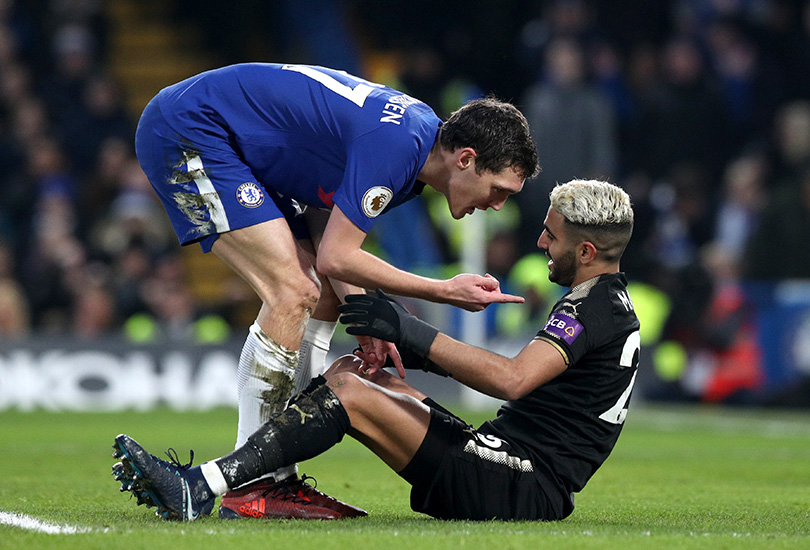
Picking Christensen ahead of Joe Gomez and Trent Alexander-Arnold was a difficult decision – who knows, perhaps they split the vote – especially as a few high-profile errors coincided with the Liverpool pair’s best form. But Christensen’s hitherto understated consistency being less of a surprise doesn’t, or shouldn’t, undervalue his fine 2017/18.
Two accomplished campaigns with Borussia Monchengladbach had boosted the Dane’s stock so much that his promotion to Chelsea’s starting XI, at the expense of both David Luiz and Gary Cahill, seemed almost overdue. His versatility and reading of the game suited Antonio Conte’s back three perfectly, and he has now signed a contract until 2022, having joined the Blues in 2012 for nothing.
The Dane had his 22nd birthday last week (he was born a day before Dele Alli, fact fans), yet he plays with the assurance of a centre-back beyond his years. Inexplicably, he might not start at the World Cup this summer; he has a month to show Denmark’s decision-makers why he should.
Gabriel Jesus
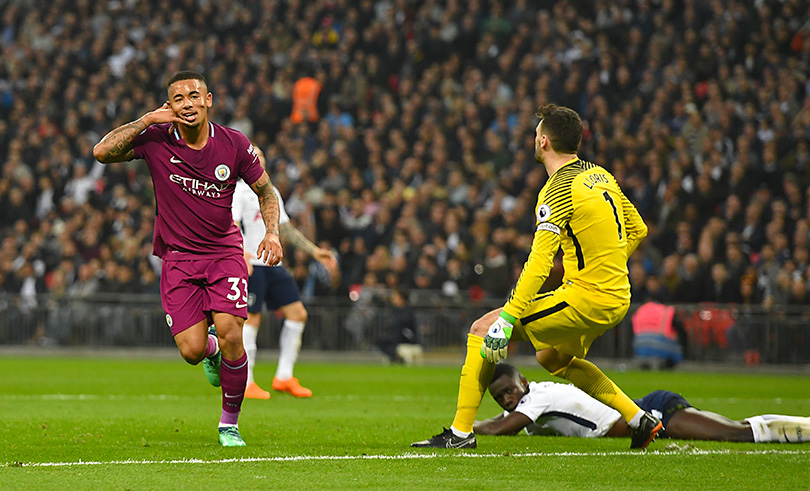
It shouldn’t really be possible outside of a Goal! movie, but last year, a 19-year-old moved straight from Brazil to the Premier League and immediately began stealing starts from one of the league’s best-ever strikers. Seeing Sergio Aguero occasionally take up residence on the Manchester City bench took some getting used to.
In 2017/18, Jesus has continued his rise. A two-month injury layoff could have stalled everything, but instead the youngster returned as confident as ever – something evident in his expertly-judged run and finish against Spurs last weekend. Although he could yet be more prolific – he’s actually scored a couple of goals fewer than his xG data implies he ‘should’ – Jesus has become a constant threat to every defence, at an age when he could just be an impact substitute.
Jesus recently turned 21. He’s been a big part of probably the Premier League’s greatest team, having already won the League Cup, two major Brazilian trophies and Olympic Gold and this summer he’ll spearhead Brazil’s attack as they attempt to win the World Cup. Kids today – they want everything in a hurry.
Honourable mentions: Joe Gomez, Trent Alexander-Arnold, Lewis Cook, Anthony Martial, Richarlison and Dominic Calvert-Lewin.
Huw was on the FourFourTwo staff from 2009 to 2015, ultimately as the magazine's Managing Editor, before becoming a freelancer and moving to Wales. As a writer, editor and tragic statto, he still contributes regularly to FFT in print and online, though as a match-going #WalesAway fan, he left a small chunk of his brain on one of many bus journeys across France in 2016.
